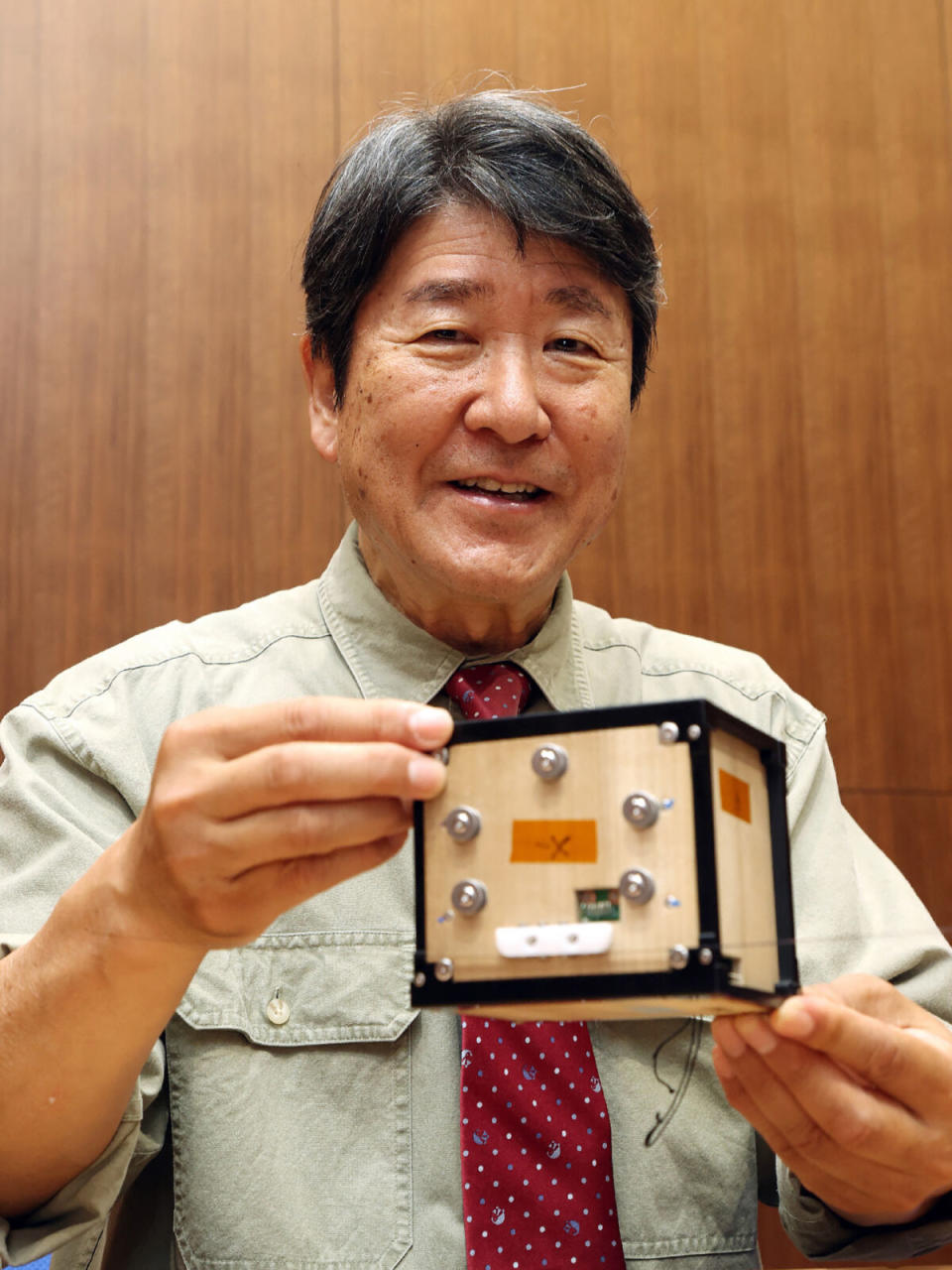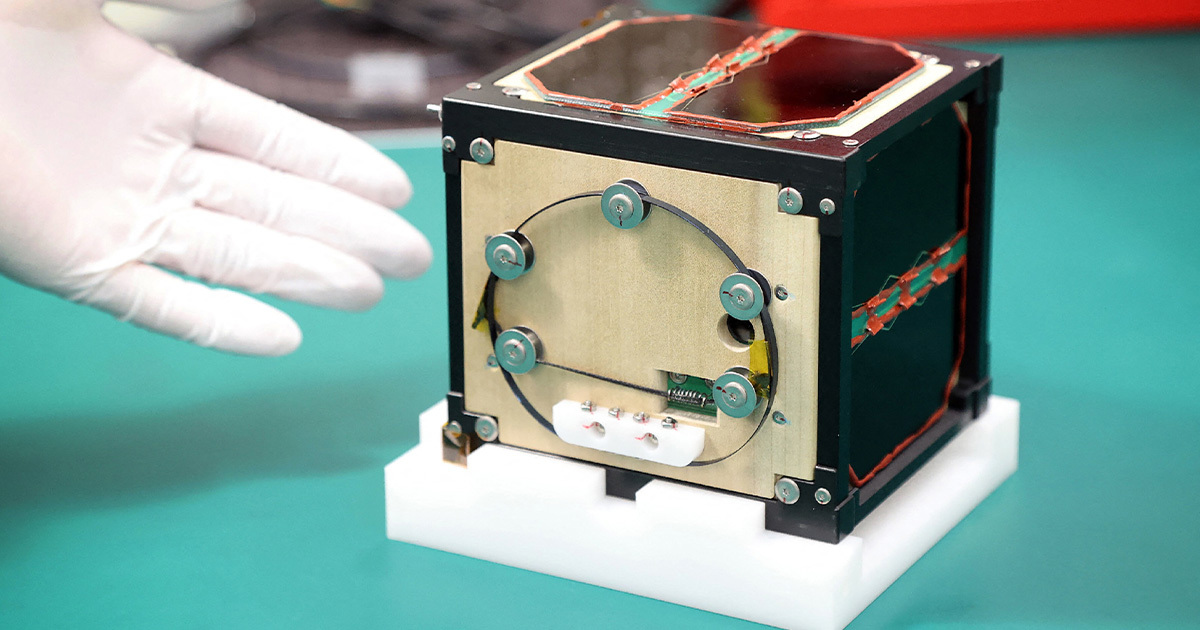LignoSat
A group of Japanese researchers has actually ended up building the world’s very first wood satellite, Agence France-Presse reports.
The satellite called LignoSat, a cooperation in between Kyoto University and the business Sumitomo Forestry, is apparently slated for launch in September onboard a SpaceX rocket. If effective, the small cubesat — seriously, the lil’ guy steps simply 4 inches on each side! — might represent a significant development in area sustainability efforts.
“Satellites that are not made from metal must end up being mainstream,” stated astronaut and Kyoto University teacher Takao Doi at an interview, as priced estimate by the AFP.

Coulda Wooda
Traditional satellites are primarily consisted of metals — mainly aluminum — and plastic.
However satellites do not remain in area permanently. When they’re retired, they’re sent out to reenter the Earth’s environment and burn away. Nevertheless, this practice of satellite cremation may be coming at a terrific ecological expense, as researchers fret that metal particulates launched into the environment from burning aluminum and other satellite products are diminishing climatic ozone.
That’s where LignoSat, which is made from long lasting magnolia wood, is available in. The concept is that it’ll burn up completely upon reentry, greatly lowering its ecological effect compared to standard metal spacecraft.
That stated, LignoSat is still speculative and it’s not going straight into orbit. The SpaceX rocket will initially drop it off at the Japanese Area Firm’s speculative module at the International Spaceport Station. The satellite will be launched from there, and ideally, beneficial information will be returned to keeping an eye on scientists.
“Information will be sent out from the satellite to scientists who can look for indications of pressure,” a Sumitomo Forestry representative informed the AFP, “and whether the satellite can endure substantial modifications in temperature level.”
Simply put, we have actually yet to see how the distinct gizmo will really fare as soon as it’s out in the universes.
However as we’re presently filling the last frontier with harmful metals and other trash, this extremely cool experiment, no matter how it cleans, is unquestionably an action in the best instructions. We’re rooting for you, LignoSat!
More on satellites: Huge Piece of Area Scrap Crashes down on Farm of Canadian, Who Plans to Offer It and Invest Cash on Hockey Rink
